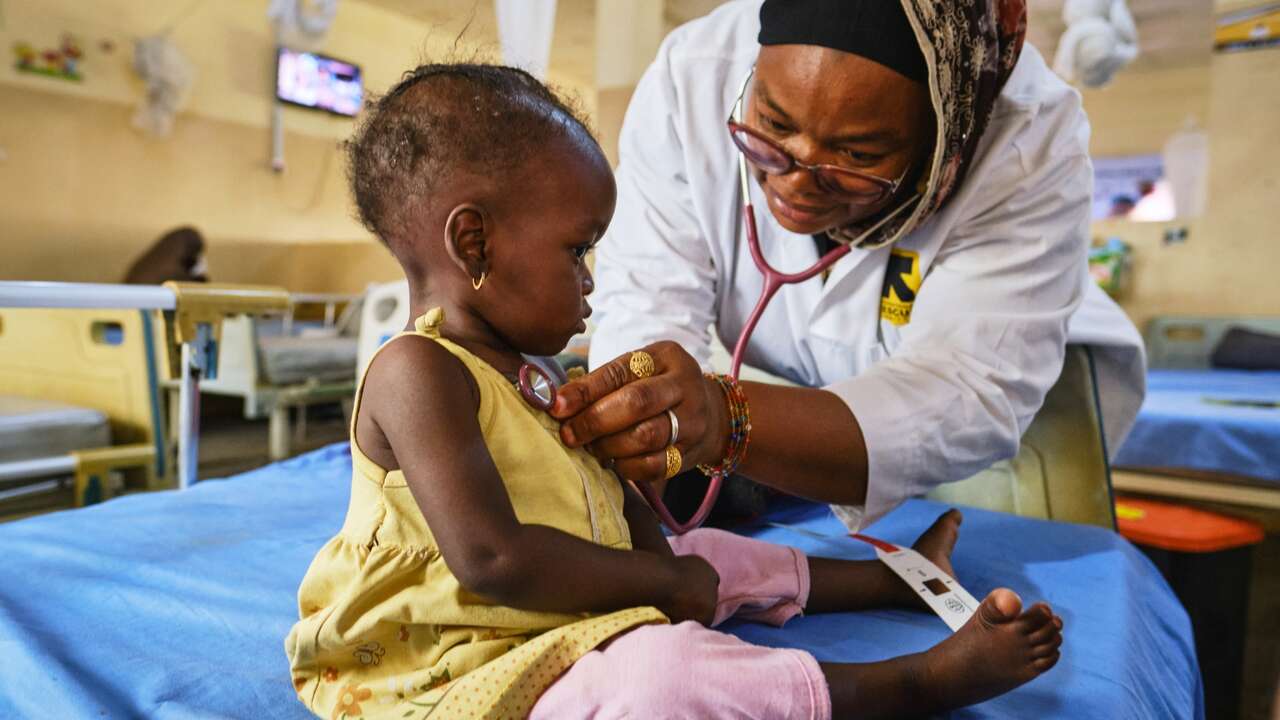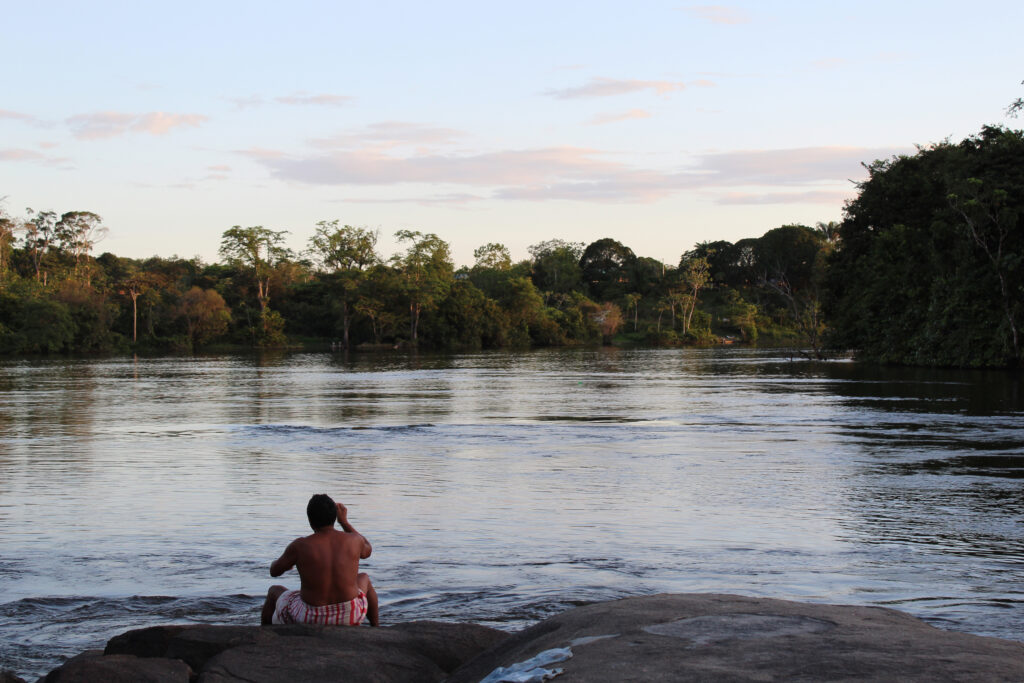Lifelines at Risk: How Slashed U.S. Foreign Aid Threatens Global Health Frontlines

The dramatic reduction in U.S. foreign aid is creating a dangerous global health crisis, threatening to unravel critical infectious disease prevention and treatment programs. These budget cuts are not just numbers on a spreadsheet—they represent real risks to public health worldwide, potentially setting the stage for devastating disease outbreaks that could rapidly cross international borders.
By scaling back essential medical interventions and support systems, the United States is inadvertently creating vulnerabilities in global health infrastructure. Infectious diseases do not respect national boundaries, and weakening prevention and treatment programs in one region can quickly escalate into a worldwide health emergency.
The consequences of these aid cuts extend far beyond immediate medical concerns. They compromise hard-won progress in controlling communicable diseases, potentially reversing years of strategic health investments and leaving vulnerable populations exposed to significant health risks. As global interconnectedness increases, the potential for rapid disease transmission becomes an even more pressing concern.
Urgent action is needed to restore funding and maintain robust international health programs that protect not just individual nations, but the global community as a whole.








